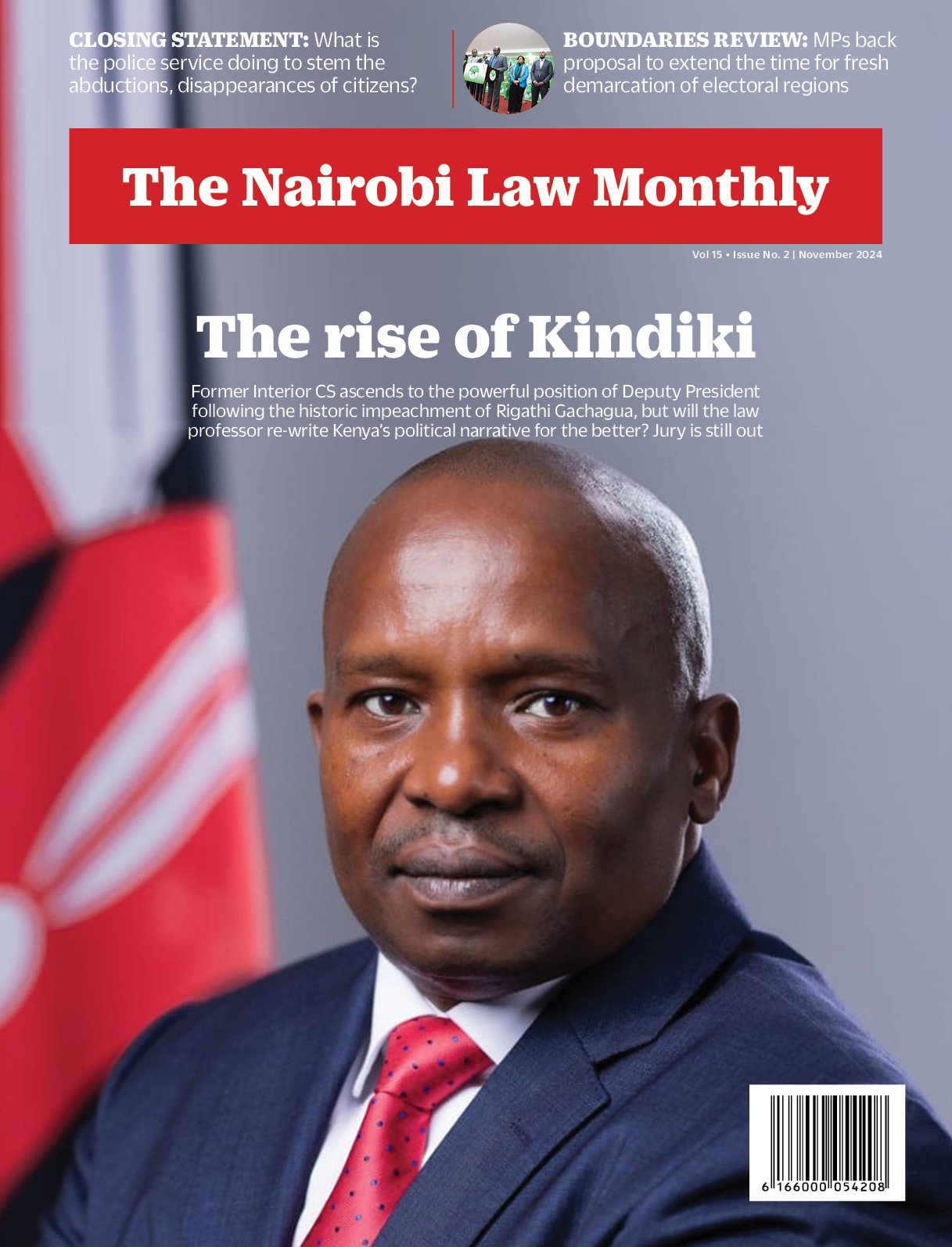TikTok to establish a Kenyan Office to oversee and coordinate TikTok’s operations within the continent as decision reached to moderate and eliminate inappropriate or offensive content from the platform.
Kenya will collaborate with the popular short-form video hosting platform to review and monitor content on the platform. This is the decision reached at an early morning meeting between President William Ruto and the TikTok global team amid concerns raised by Kenyans over the App, the Nairobi Law Monthly can report.
In a virtual meeting held on Thursday, President Ruto and TikTok CEO Shou Zi Chew discussed strategies to ensure that the content aligns with agreed-upon guidelines, upholding community standards.
The primary focus of this collaboration is to moderate and eliminate inappropriate or offensive content from the TikTok platform. Chew emphasized TikTok’s commitment to ensuring that its content adheres to community standards, underscoring the company’s dedication to maintaining a positive and respectful online environment.
Importantly, Chew pledged to establish a Kenyan Office to oversee and coordinate TikTok’s operations within the continent. This move is intended to enhance local involvement and engagement, with the company also expressing its intention to hire more Kenyan talent to contribute to its platform.
The meeting took place amidst a recent petition presented to the National Assembly, urging a ban on TikTok in Kenya. The petitioner, Bob Ndolo, who serves as the Executive Officer of Bridget Connect Consultancy, voiced concerns over the platform’s perceived negative impact on the nation’s cultural and religious values.
Ndolo’s petition raised alarm over TikTok’s potential to expose the youth to explicit sexual content that contradicts Kenya’s moral and religious principles. Additionally, he argued that the platform propagates violent imagery, hate speech, offensive language, and inappropriate behavior, which could potentially incite unrest and conflict.
In response to the petition, an intense debate ensued among legislators, highlighting differing viewpoints on the matter. Majority Leader Kimani Ichung’wa acknowledged the concerns raised by the petitioner as valid but cautioned against an outright ban on the platform. Ichung’wa emphasized that while addressing legitimate concerns, a total ban could stifle technological progress and hamper employment opportunities for the country’s youth.


